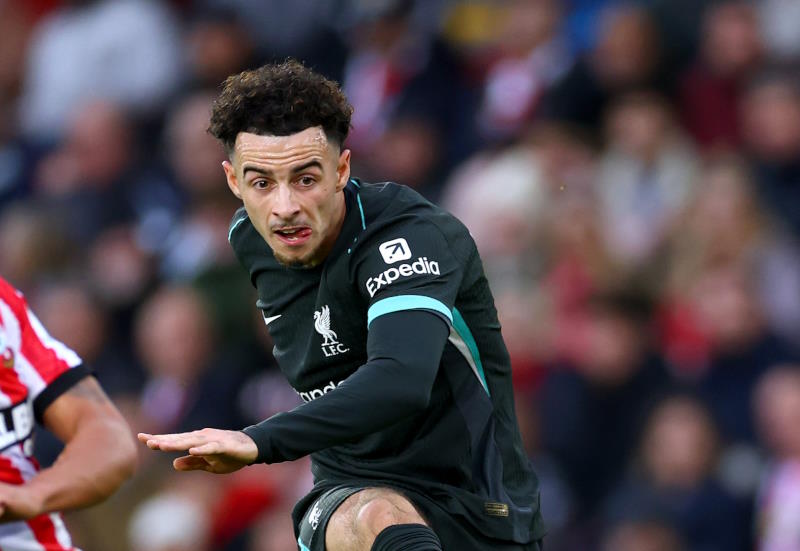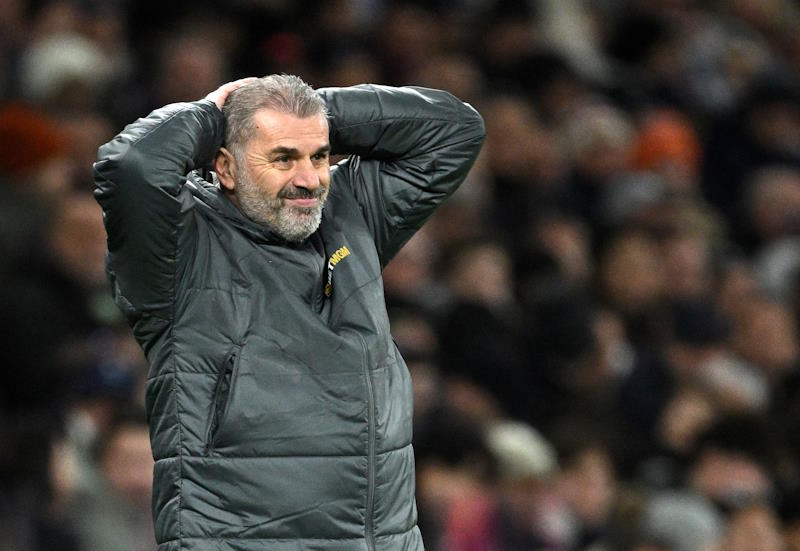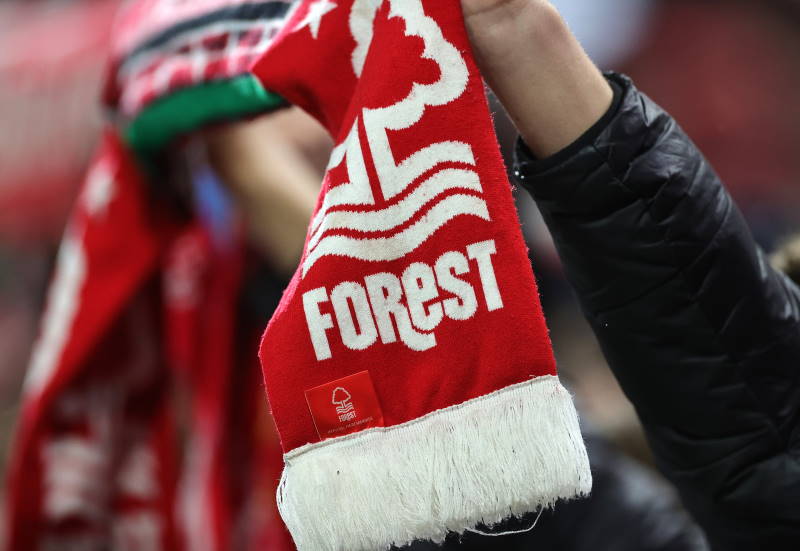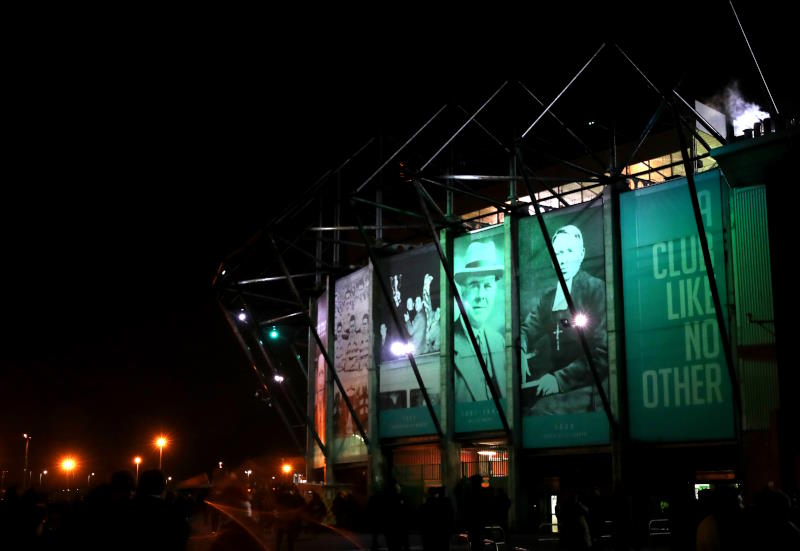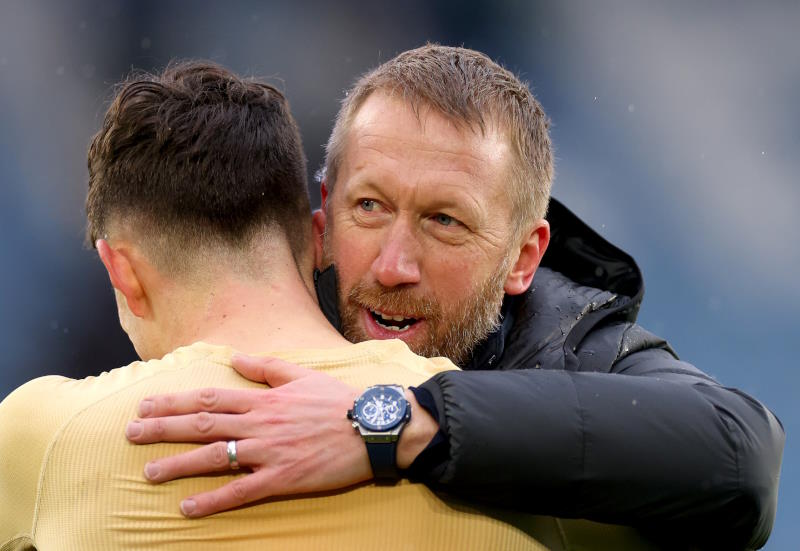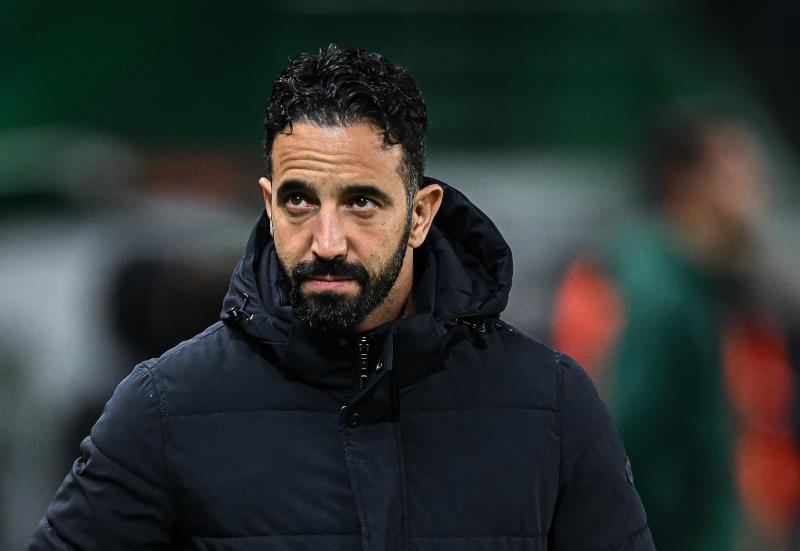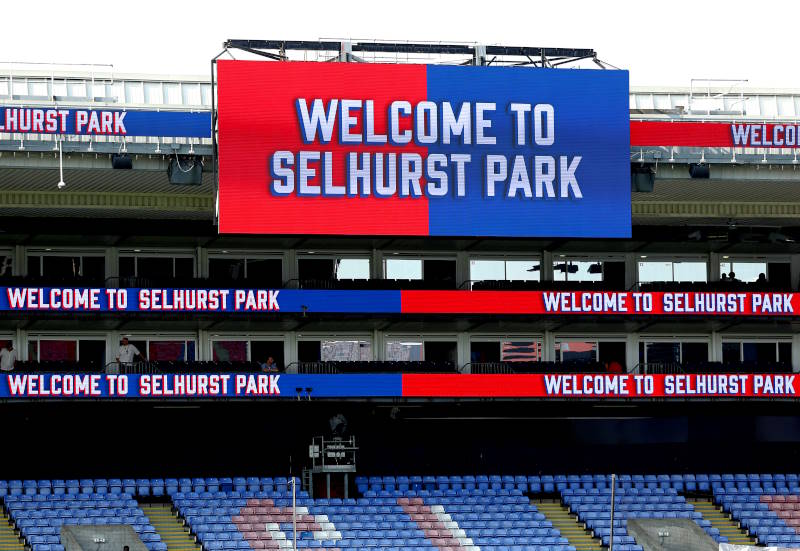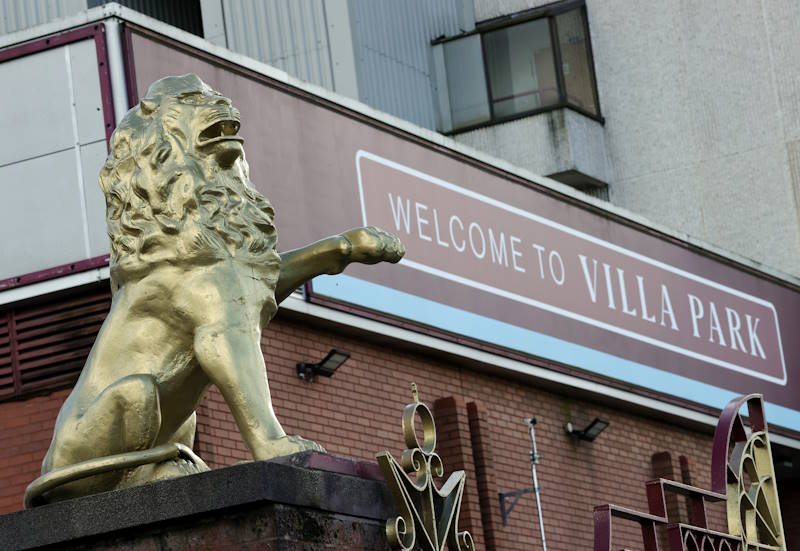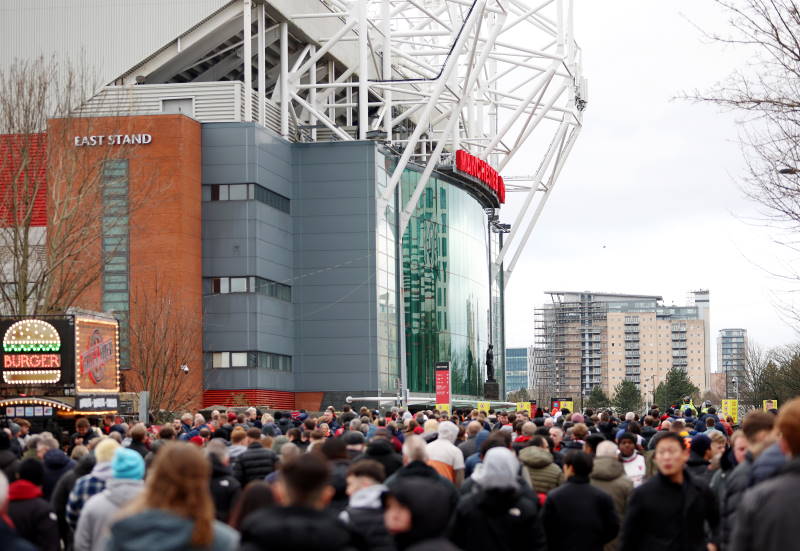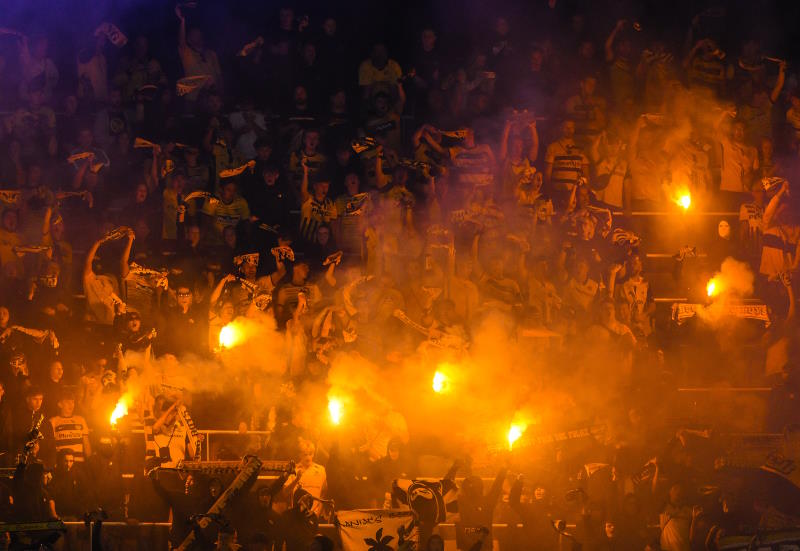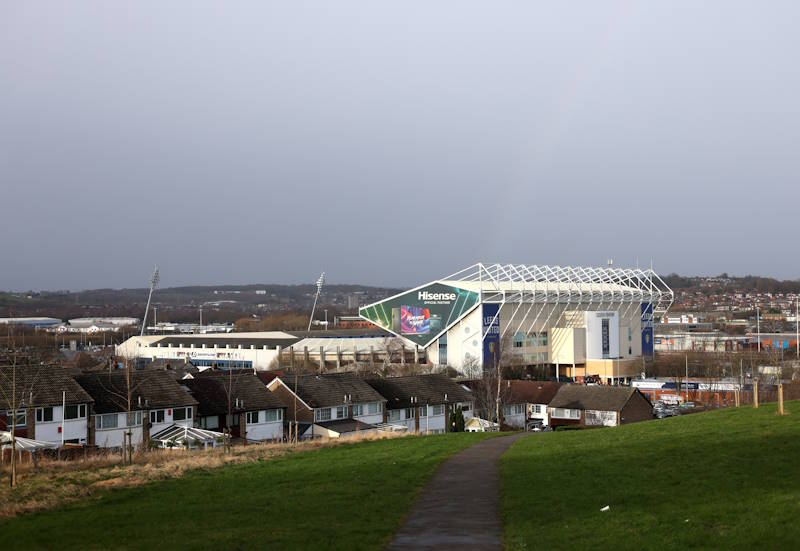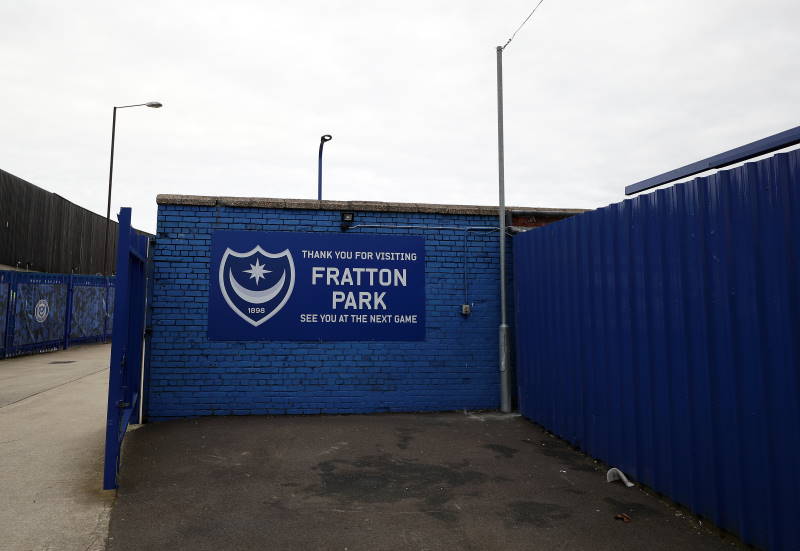
Football fans can be notoriously one-eyed – not only does this feed the sort of vicious tribal loyalties that lead to poisonous events like applauding rapists, supporting racist comments and worse, it causes a more general lack of perspective.
The hysterical, nonsensical views of many such fans can be seen in the furore to the English Football Association’s choice for the new England manager. The way a section of supporters in the country have reacted to Roy Hodgson’s likely appointment, it could be thought that an unholy alliance of Charles Reep, the innumerate prophet of long-ball football, was going to co-manage with Louis Walsh, leader of X-Factor’s annual Charge of the Light Brigade.
It was a very limited pool for the Football Association to select from, even before the clamour for a return to an English manager shouted down any opposition. With FC Twente coach Steve McClaren persona non grata, Sam Allardyce out of the running after a mixed record at West Ham and few younger alternatives, it was always going to come down to a straight fight between Hodgson, Harry Redknapp and Alan Pardew.
Hodgson, despite his modest tendencies, should always have been the front-runner. A success in Sweden, Norway, Denmark, Italy and other leagues, the multi-lingual manager has led West Bromwich Albion from yo-yo club to Premier League establishment. Any bad feelings left over from the end of his stay at Blackburn Rovers were washed away with his successes at Fulham, which included a club-record seventh-place finish and a dramatic run to the 2010 Europa League final, where the likes of Hamburg, Shakhtar Donetsk and Juventus were sent packing by the plucky minnows from West London.
Liverpool fans may point to Hodgson’s disastrous six-month spell at Anfield, but even more so than the ire directed at Blackburn boss Steve Kean, this was down to the dysfunctional ownership situation rather than his own failings – it seems unlikely he would have done worse in the Premier League than Kenny Dalglish has this year, especially with such financial backing, but he did not have a reputation as club icon to inure himself from rabid entitlement and caustic criticism.
Not only does he have a varied and distinguished CV in club football, but crucially Hodgson has success in international football management to buttress his reputation. He almost led a workmanlike Finland to Euro 2008, which would have been their first ever qualification for a major finals, whilst he also qualified Switzerland for Euro 96, took the Alpine country to the second round of the 1994 World Cup and, most improbably, third in the FIFA World rankings.
While many will not trust FIFA’s judgment – and the ranking system is deeply flawed – his success is such that the German FA, when revamping their system after a few disappointing tournaments at the turn of the millennium, approached him to be their manager. If Hodgson is good enough for the ever-impressive Germans, why would England fans turn up their noses?
Of course, there are enough downs in his career to balance the ups, and this appointment is not without its major risks. But a look at Hodgson’s chief competitors shows how superior his record really is.
While his surprising success at Newcastle has given him the feel of an overnight sensation, Alan Pardew’s pedigree goes back years. He laid the foundations for Reading’s promotion to the Premier League, led West Ham from Championship mediocrity to a penalty shootout away from lifting the FA Cup, and despite a wobble at already-doomed Charlton he then did well in dire circumstances at Southampton. Indeed, it was notable that even though the Magpies’ boss left St Mary’s over two years ago following a controversial sacking, his role in resurrecting the Saints has not been overlooked. Add that to recent success in swiping the likes of Yohan Cabaye, Hatem Ben Arfa, Papiss Cisse and Davide Santon from under the noses of big clubs, paying peanuts for top talent and moulding temperamental egos into a true team unit, and only a trophy and a lack of experience of top level football separates his CV from other contenders.
The FA is nothing if not a slave to fashion, but even Newcastle’s improbable push for the Champions League has not seen Pardew garner the sort of support that gathered behind Redknapp. Why has a manager with only one FA Cup to show for 30 years in the business emerged as the popular choice? Mostly, it is his recent record – the win with Portsmouth was only four years ago, and considering the recent domination by the bigger clubs a cup win for a smaller side seems more impressive, while the narrative of his time at Tottenham reads taking Spurs from the foot of the Premier League to the Champions League quarter-finals. Redknapp’s supporters say he has built two of the strongest sides in both clubs’ recent histories, signing the likes of Sulley Muntari, Lassana Diarra and Rafael van der Vaart on the cheap before knocking out the likes of Manchester United and AC Milan – a transfer mastermind with the powers of persuasion, he could provide the confidence boost and freedom to play that England desperately need.
This indeed is a remarkable transition on the face of things, but a less superficial story is not so superlative. Portsmouth have since suffered two relegations directly related to having overspent massively in the Redknapp era – he may not be directly at fault for this, but surely every manager must ask where the money comes from, especially when the club was famously hard-up upon his first arrival back in 2002? Even that success was built around paying high wages to veterans such as Paul Merson, Teddy Sheringham and Robert Prosinecki, while his time at both West Ham and Spurs have seen significant outlays alongside youth development.
Tottenham’s struggles since Fabio Capello’s resignation may have been worsened by the managerial uncertainty, but Spurs have noticeably struggled against the top teams this year, and maintaining the sort of form that saw them go 18 matches unbeaten in the Premier League was always likely to be too much to ask (after all, it was for Manchester City). They may play pretty football, but much of this is reliant on key players and lacks any effective alternatives – essentially, annihilating also-rans, struggling to find a viable Plan B and falling as the final furlong approaches is what England do already, so what could Redknapp really do to help the side?
This leaves England with the safe, dependable solution of Roy Hodgson. He may be less personable or less of a media darling than his rivals, two facts which always seem to unreasonably prejudice corners of the press, but his solid, semi-Teutonic qualities could be just what England need, a low-key and organised appointment with a knack for unexpected cup runs. Liverpool fans may disagree, but his record speaks for itself – and should he lead England to a respectable showing at Euro 2012, or even return from Brazil a national hero, then it will be one in the eye for his myopic detractors.

